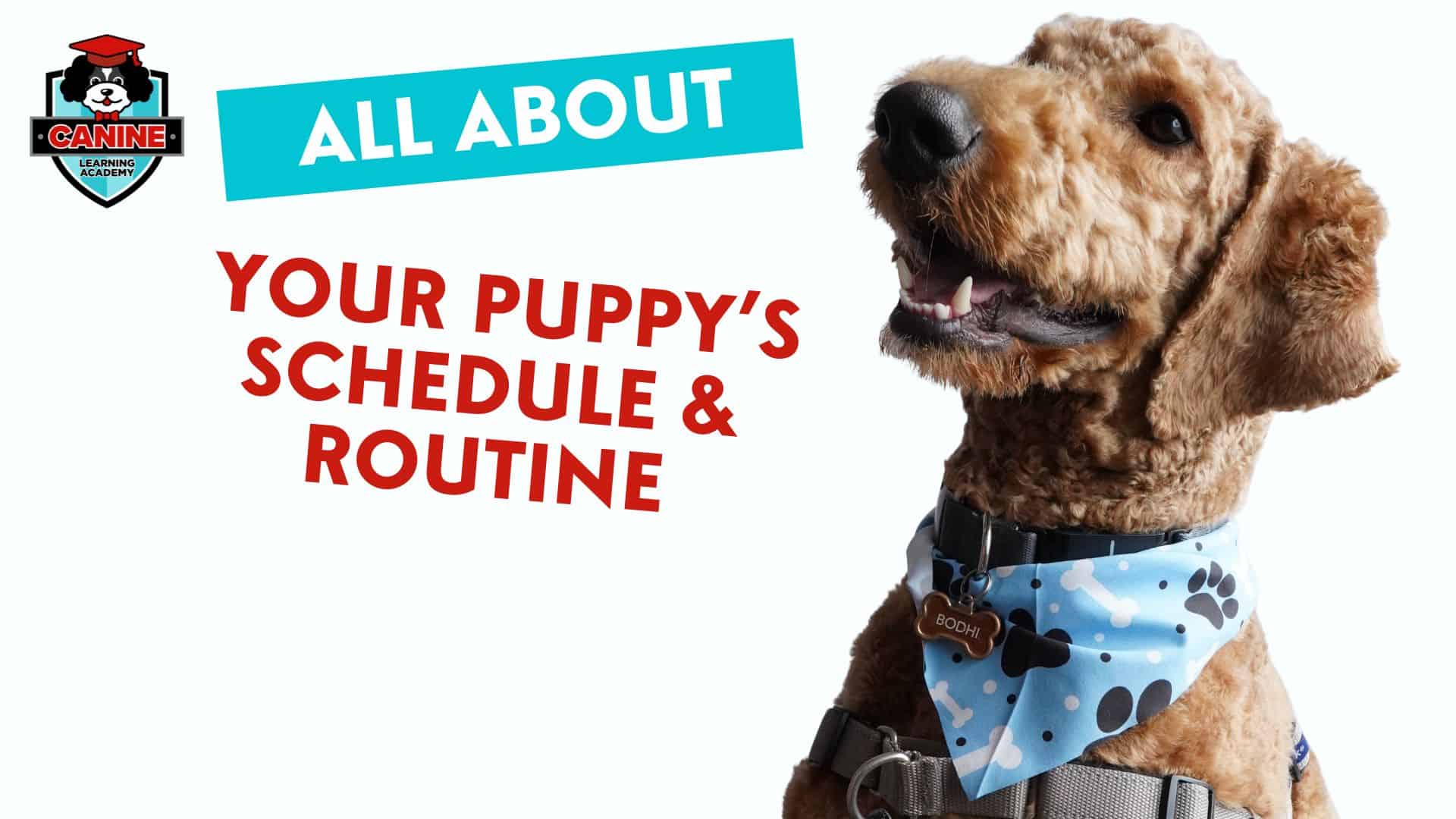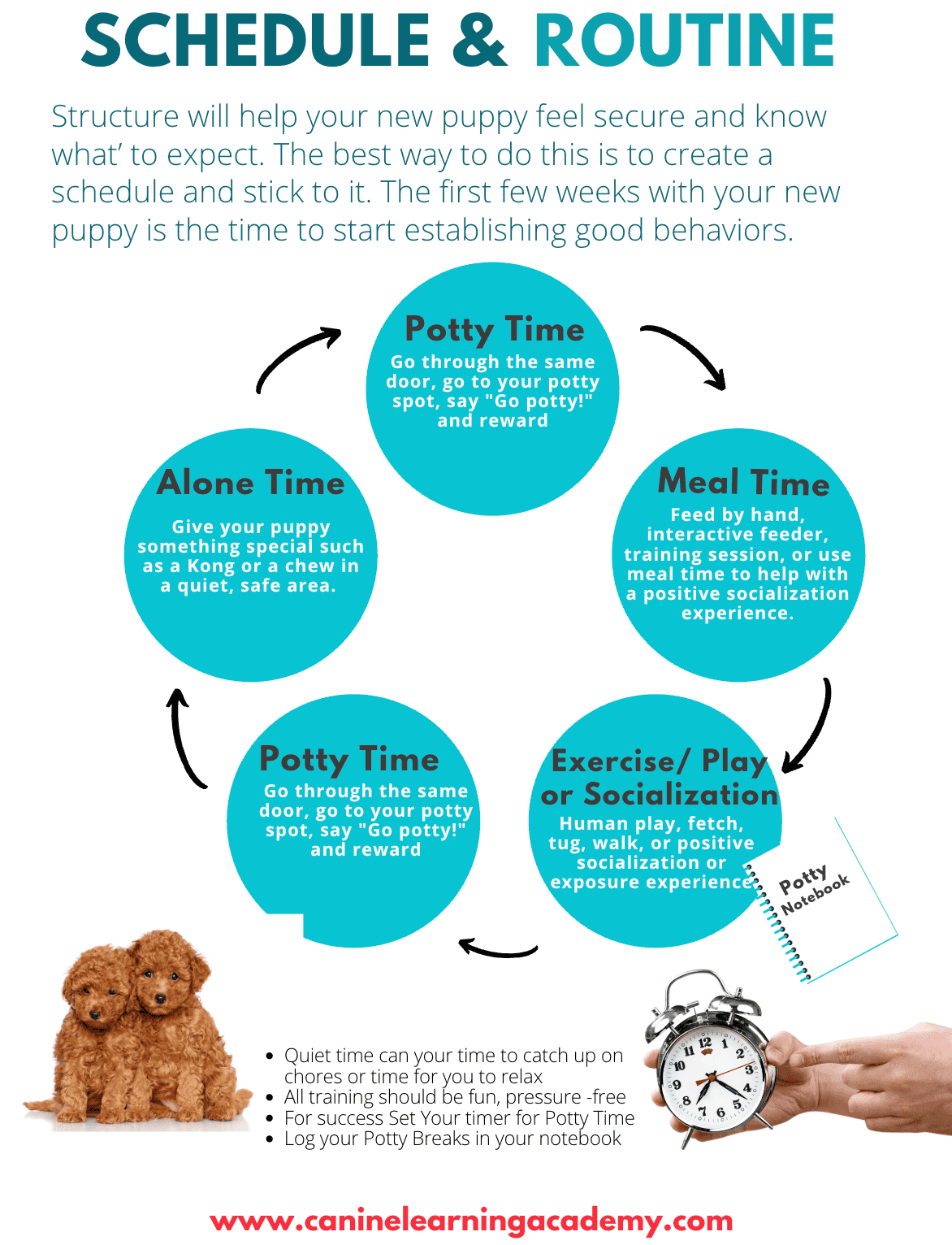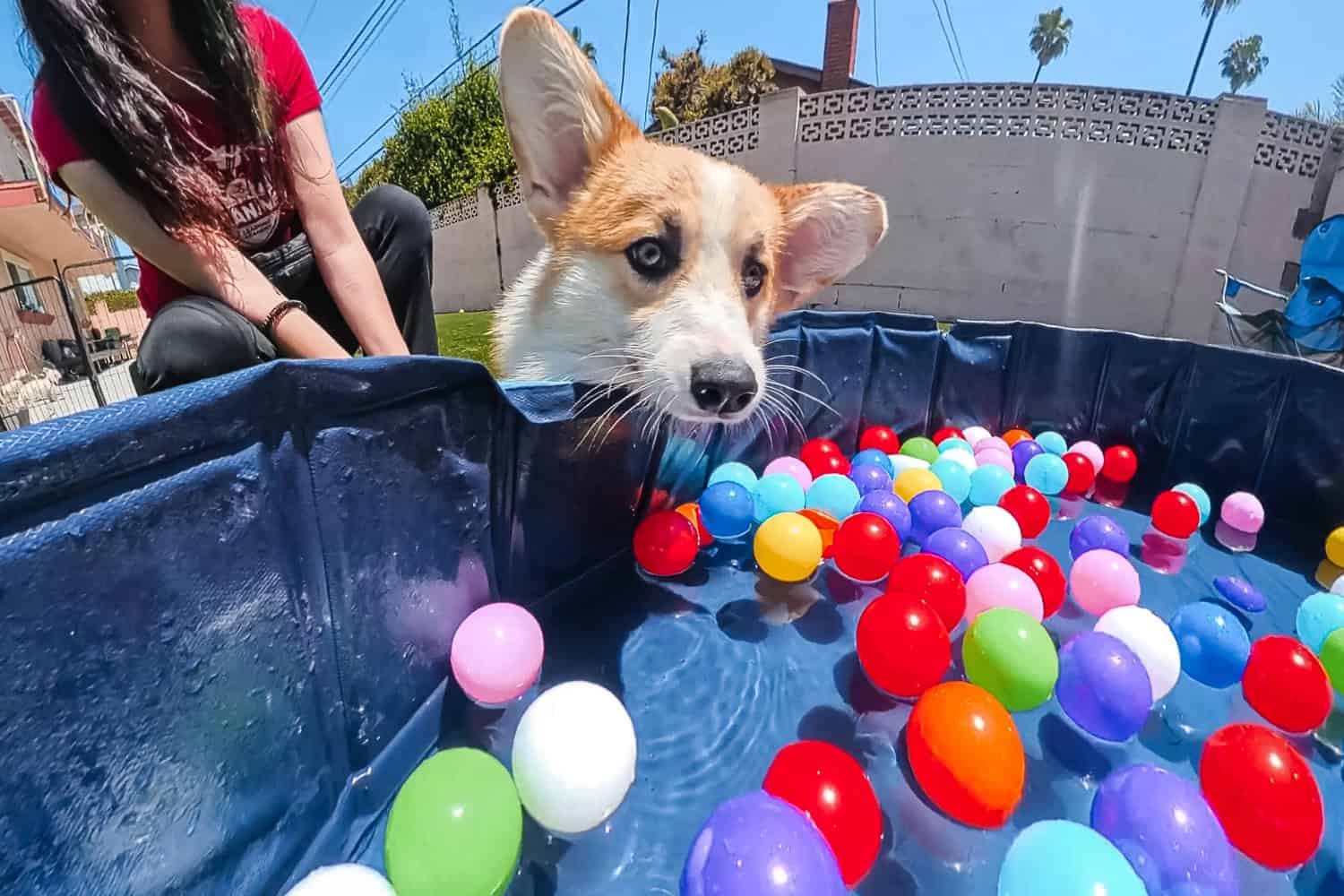With some Fun Games, Your Puppy Can Learn to Love the Crate
A crate is a great management tool, and by getting down on the floor introducing some fun games your puppy can learn to love the crate. Using a crate is one of the fastest way to potty train your puppy. When first exposing your puppy to the crate, we recommend using Enrichment feeders, meals, and some fun play time involving the crate to help establish a positive association with the crate. Crates are not cruel, Introduced correctly, crates become a dog’s sanctuary and can even keep your puppy safe when left alone.
The most useful strategy is reward and praise when teaching your puppy to go into a crate, and don’t forget to treat puppy generously especially in the early stage of training. Before playing these crate games you want to make sure you puppy already has been exposed safely to the crate, and that there isn’t any negative association with the crate. Your puppy should have already had some exercise, a play session before crate training and don’t forget to set you puppy up for success by using an environment that is appropriate for your puppies learning.
So Why Crate Train?
- Providing a safe place of their own for comfort
- Speeds up the house training process
- Keeping your puppy safe when left alone
- Set them up success
- Acclimated to crate in case they need to be crated at vets or boarding kennels
- And much more!
There are several different types of crates to choose from, including a wire cage, a plastic pet carrier, and a soft-sided canvas or nylon crate. We use the wire crates for training pups at home, and the plastic crates (Rough Land Kennels) for our Dog Van. Do your research and find the crate that best fits your needs.
Make it Cozy & Safe
Your crate should have a nice soft crate pad in it. Some dogs will chew and destroy their crate pads, so you might just want to use a towel or blanket.
Before your start, you will want to make sure you slowly introducing your puppy to the crate, to spending small but increasing amounts of time in there. You want to take the time to learn to love the crate, and you can both enjoy the enormous benefits it offers.
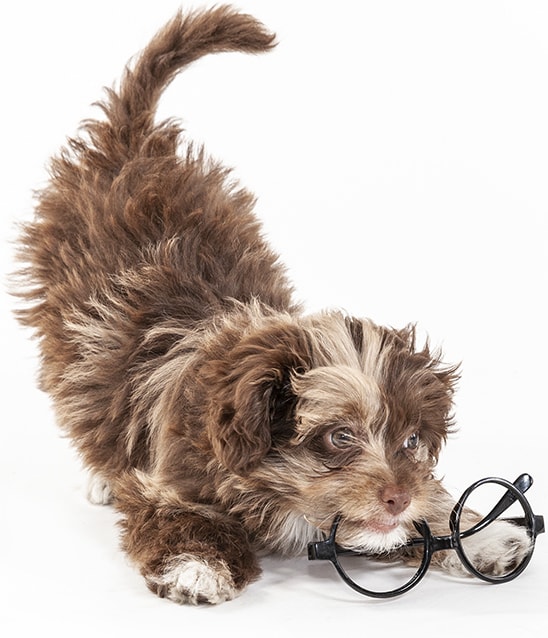
Video
This video Features Professional Dog Trainer Kurtis Swinson, and shows how we help reinforce the crate. Video starts Canine Learning Academy’s Puppy Graduate, Jasper the Australian Goldendoodle.
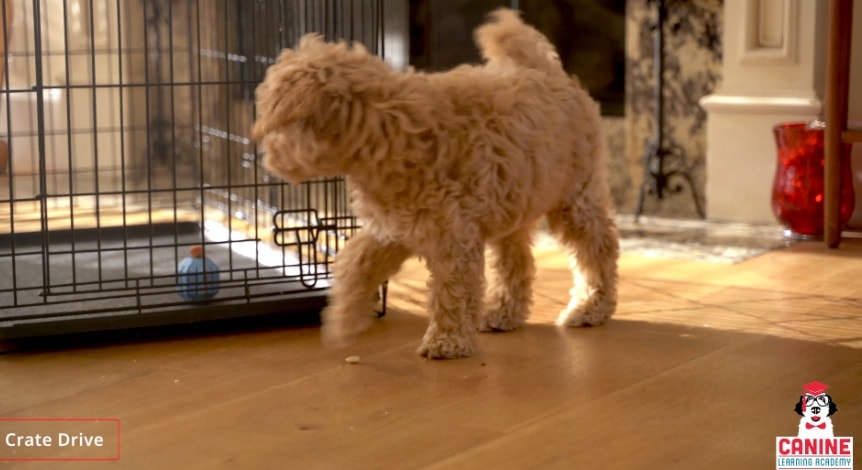
Crate Drive
I really like this exercise. Get on the floor and do a few known behaviors and reward with a treat or toy. Now that you have your puppies attention place the treat inside the crate and shut the door. The puppy will often run to the crate, run around the crate staring at the door and even paw at the crate to try and get in. Now open the door and let your puppy go in and get the toy. Check out our favorites page for treats or toys that we recommend.
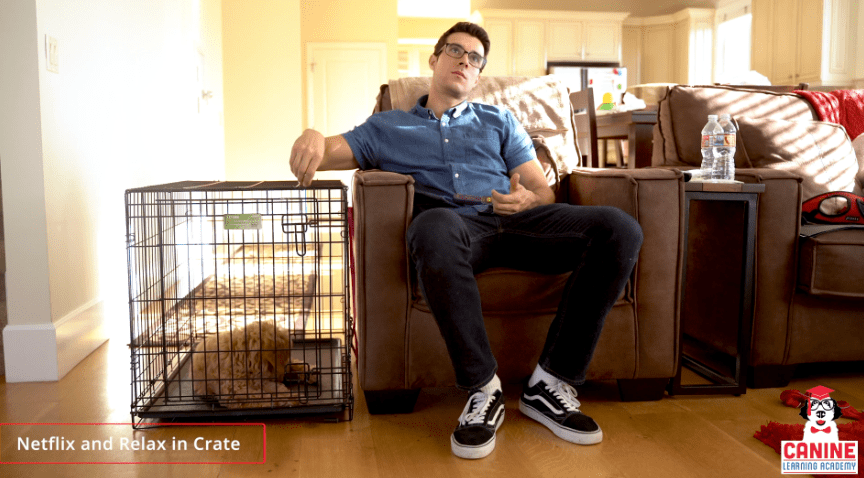
Netflix and Relax in a Crate
Turn on Netflix, grab your puppies meal. Sit next to your dogs crate while hanging out watching a show. When your puppy is relaxed and quiet begin dropping a piece of kibble into the crate. Every once in a while get up, walk out of the room and come right back and sit down. Remember to feed your puppy when he is relaxed. Practicing crating and relaxation while you are at home will prevent your dog from thinking crate time means everyone leaves. Be generous!
Tips
- Refrain from using the crate for punishment.
- Refrain from leaving your puppy crated for extended periods of time
- Never use force to place your dog inside
- Make sure you have things in the crate to occupy your puppy
- Enrichment feeders and Chew toys like the Kong stuffed with food, are great for keeping your pup occupied
Have a New Puppy?
Check out Puppy School or Private Training for your Puppy.
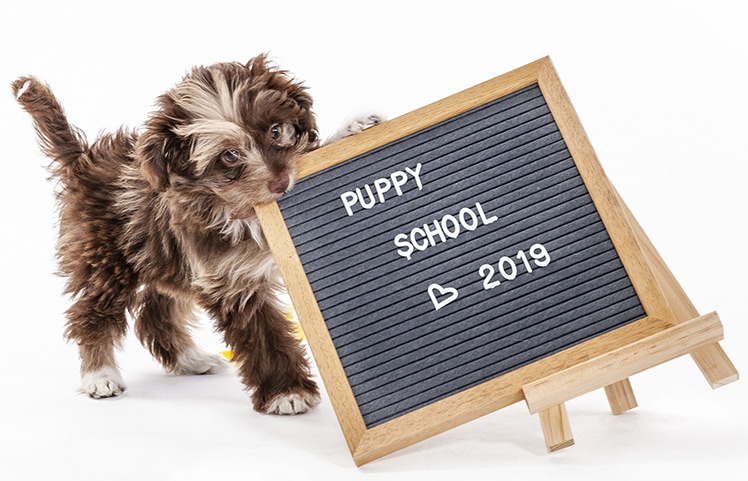
Our fur child has been with CLA since he was 11 weeks, and he will always be a part of their family! From his initial consultation, I knew Yo would be entrusted with our Goldendoodle. We had 10 one-on-one training sessions and each time Orie came equipped with more preferable behaviors. He started attending day care with the other regulars and learned much needed social skills! I don’t trust him anywhere else for training, walking, or weekend sitting! Oh and BONUS, he went on “vacation” last year – first in the family to go to the Grand Canyon! We love Yo and her fellow, highly-trained professionals. We’re even looking into getting another dog since we have such a great training system 🙂

